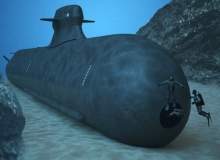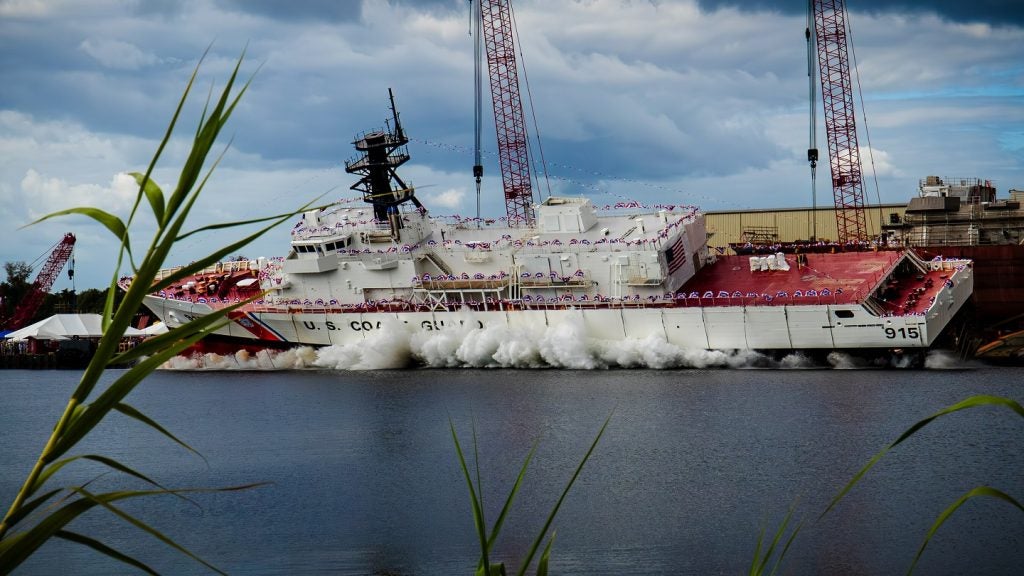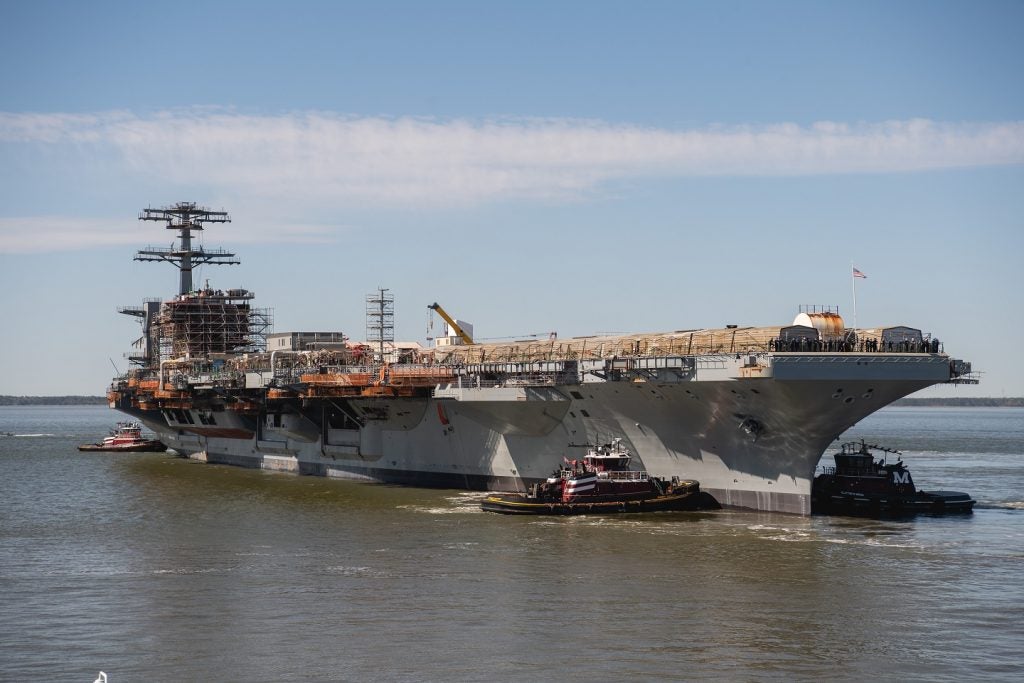

Contract negotiations are still ongoing between Swedish shipbuilders Kockums, who will manufacturer the vessel, and Sweden’s Defence Materiel Administration (FMV). Differences between the two parties have significantly slowed contract negotiations, but details of what those differences actually are remain unknown. Both sides are tight-lipped on the whole process.
It is likely FMV and Kockums, which is owned by German shipbuilders ThyssenKrupp Marine Systems, cannot come to an agreement on the price of the new submarines.
Sweden could lose the ability to indigenously build submarines
The fear is that as the delays increase and orders are not placed, Kockums will not be able to afford the staff it has assigned to the A26 programme. The company will be left with no choice but to cut jobs and unions warn that Kockums’ submarine division may have to close completely. If this happens, Sweden could lose its ability to indigenously build submarines.
That would be an historic event – Kockums has developed and manufactured cutting-edge submarines for the Swedish Navy at its Karlskrona shipyard since the 1930s. Their Gotland-class submarines introduced in the 1990s were the first-ever vessels to use a Stirling air-independent propulsion (AIP) system, extending underwater endurance to weeks rather than days and significantly lowering noise signature.
The Russian Navy’s Typhoon Class submarine tops the list of the world’s biggest submarines.
How well do you really know your competitors?
Access the most comprehensive Company Profiles on the market, powered by GlobalData. Save hours of research. Gain competitive edge.

Thank you!
Your download email will arrive shortly
Not ready to buy yet? Download a free sample
We are confident about the unique quality of our Company Profiles. However, we want you to make the most beneficial decision for your business, so we offer a free sample that you can download by submitting the below form
By GlobalDataTechnology developed by Kockums has also been integrated into Australia’s Collins-class submarines and Singapore’s Archer-class vessels. The US Navy also leased a Gotland-class submarine in 2007 to look at methods to counter next-generation submarines with low-noise propulsion systems.
Representatives from the unions at ThyssenKrupp Marine Systems recently wrote an open letter to Sweden’s SvD newspaper criticising the contract impasse. “The expertise built up within Kockums for more than a century now risks dissipating in the wind and if this were to happen, you can not collect it again with reasonable means.”
“We are skilled professionals in our areas of expertise and our knowledge can certainly be put to good use in other industries. But it would be with a very heavy heart to leave the company that has built large parts of our military fleet and built all of Sweden’s submarines over the past century,” the representatives’ letter said.
Delays could cause capability gaps for navy
Even if the orders are eventually placed by the Swedish government, the long delays risk opening up a capability gap for the Swedish Navy. The Södermanland-class vessels, which the A-26 submarine is planned to replace, are set to be withdrawn from service around 2020. When the Swedish Parliament approved the A-26 in 2010, the timeframe was for the new vessels to come online as the Södermanland-class vessels were retired.
Four years on from that decision, a 2020 in-service date for the A-26 is now in doubt. Another concern for those in the Swedish defence industry is the planned upgrades for navy’s Gotland-class submarines. These upgrades would extend the life of that platform to the mid-2020s but just like the A-26 stalemate, the FMV has also put off a firm decision on an upgrade contract.
Several media outlets in Sweden and Germany have blamed Kockums’ German owner ThyssenKrupp Marine Systems for the negotiations impasse. Last October, a source told the German news website The Local that there was a campaign of ‘internal warfare’ waging in ThyssenKrupp against Kockums.
ThyssenKrupp, which bought Kockums in 2005, also owns German submarine manufacturers HDW a competitor in the global submarine market.
“The purchase of Kockums wasn’t aimed at consolidating the naval industry and creating synergies, but at getting rid of a competitor,” the source told The Local. At the time a spokesman for Kockums refused to comment on the claims and a spokeswoman for ThyssenKrupp said the company was ‘unable to comment on market rumours’.
Whatever the final decision is, it will no doubt have a significant impact on the Swedish defence industry. With the possibility that Sweden could lose its entire capability to manufacture submarines, the stakes couldn’t be higher.
Follow Grant Turnbull on Google+


.gif)





